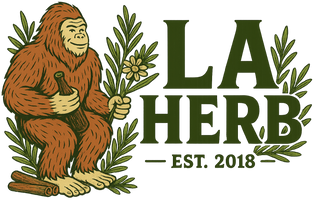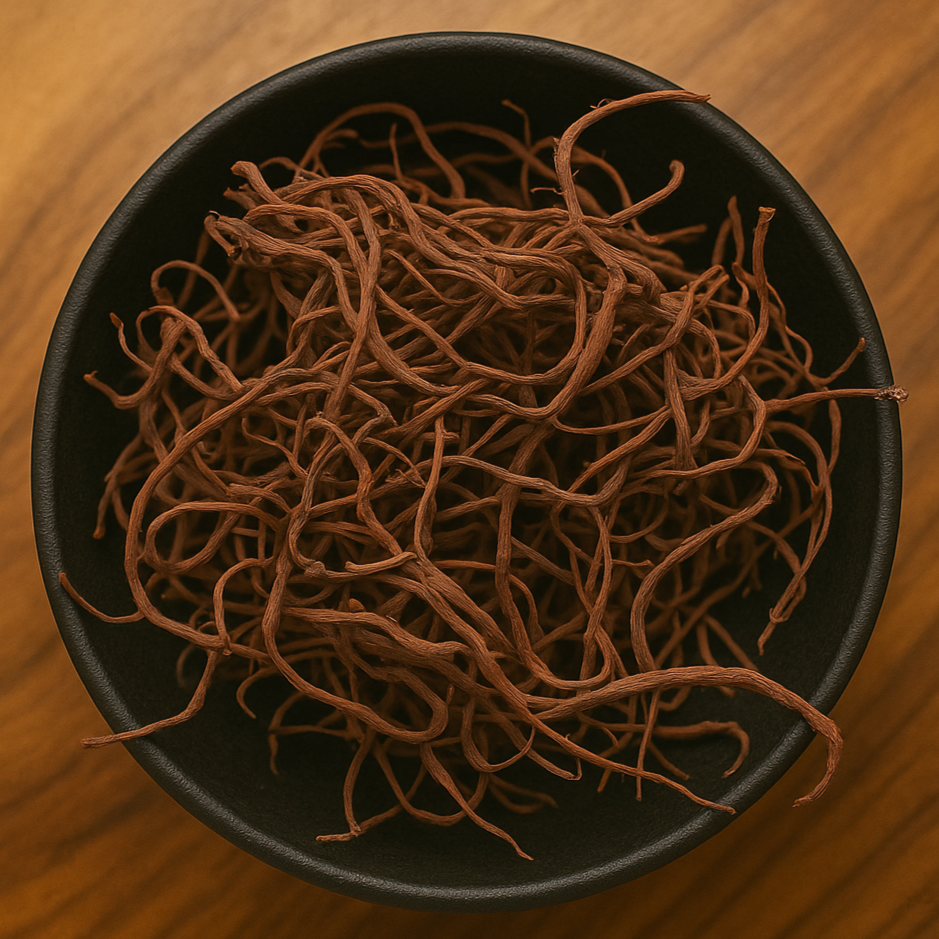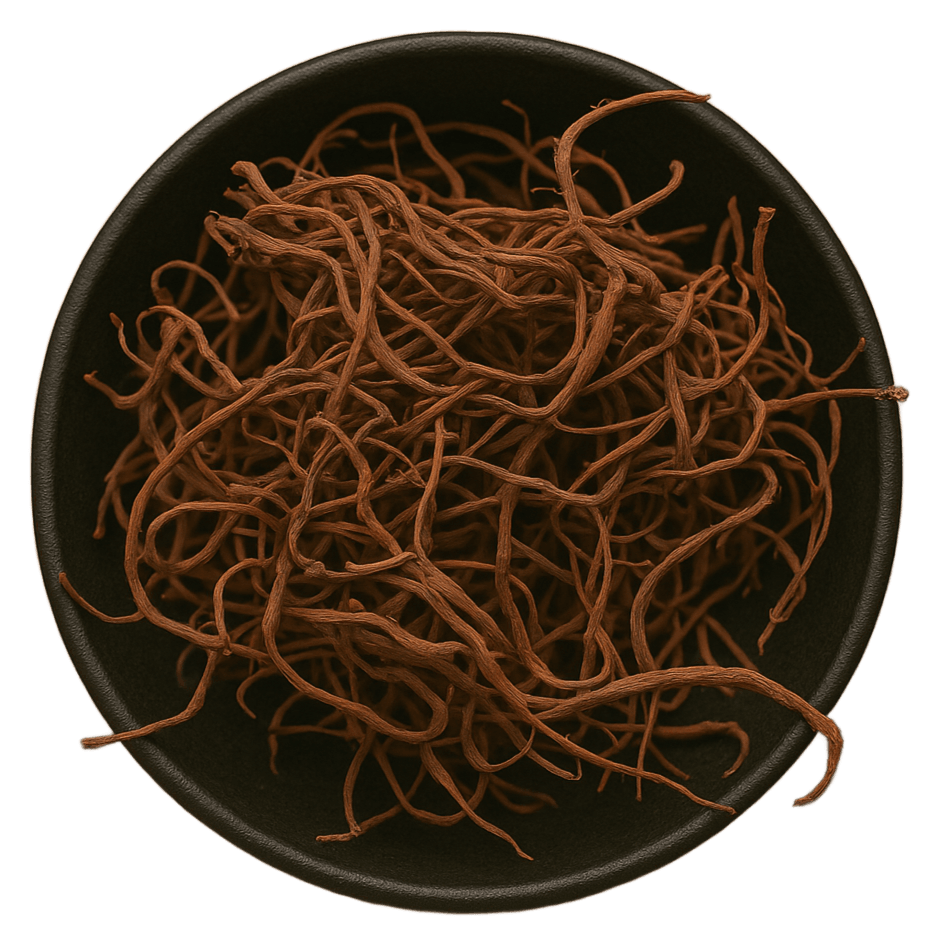Aster Root Whole (Aster Tataricus)
Aster Root Whole (Aster Tataricus) - 1 oz is backordered and will ship as soon as it is back in stock.
Couldn't load pickup availability
Aster Root Whole (Aster tataricus), known in Traditional Chinese Medicine as Zi Wan (紫菀), is a warm, slightly bitter and sweet herb traditionally used to transform phlegm, moisten the lungs, and relieve cough. These whole, fibrous roots are carefully harvested and dried to retain their natural potency, making them ideal for decoctions and classic respiratory formulas.
Zi Wan is especially valued for its ability to ease chronic or lingering coughs, whether dry or productive, by moistening dryness and helping the body expel phlegm. It is often used in cases of lung deficiency, wind-cold invasion, or phlegm accumulation, and is frequently paired with other lung-supporting herbs such as Kuan Dong Hua (Coltsfoot Flower), Bai Bu (Stemona Root), and Xing Ren (Apricot Seed).
When decocted, Aster Root Whole produces a dark, earthy infusion with a mildly sweet, slightly bitter taste. It works well as part of formulas aimed at soothing irritated lungs, reducing coughing, and promoting clear breathing, especially in colder seasons or when dryness affects the respiratory tract.
Each batch of Aster Root Whole (Aster tataricus) is carefully selected, dried, and prepared to maintain traditional quality and herbal strength. Whether used alone or in combination with other herbs, Zi Wan offers a time-tested, balanced approach to supporting respiratory health and relieving persistent coughs.
Also Known As: Zi Wan, Aster Root, Radix Asteris, Purple Aster Root, Chinese Aster Root, Tatarian Aster Root, Aster Tataricus
Nutrients: Triterpenoid saponins (e.g., aster saponins), flavonoids, inulin, polysaccharides, trace alkaloids, volatile oils, trace minerals (calcium, iron)
Notes: Used in Traditional Chinese Medicine to relieve coughs and expel phlegm, particularly for chronic or deficiency-type coughs. Has moistening properties for the lungs and is often combined with warming herbs in cough formulas. Nutritional data is limited, as its primary use is medicinal rather than dietary. Generally well-tolerated in therapeutic doses.






